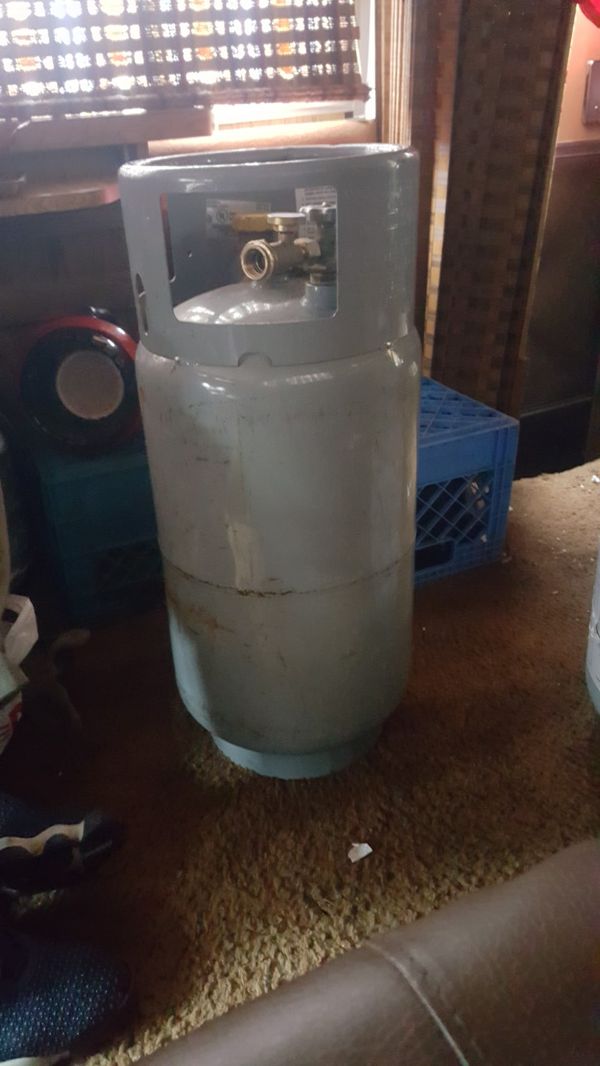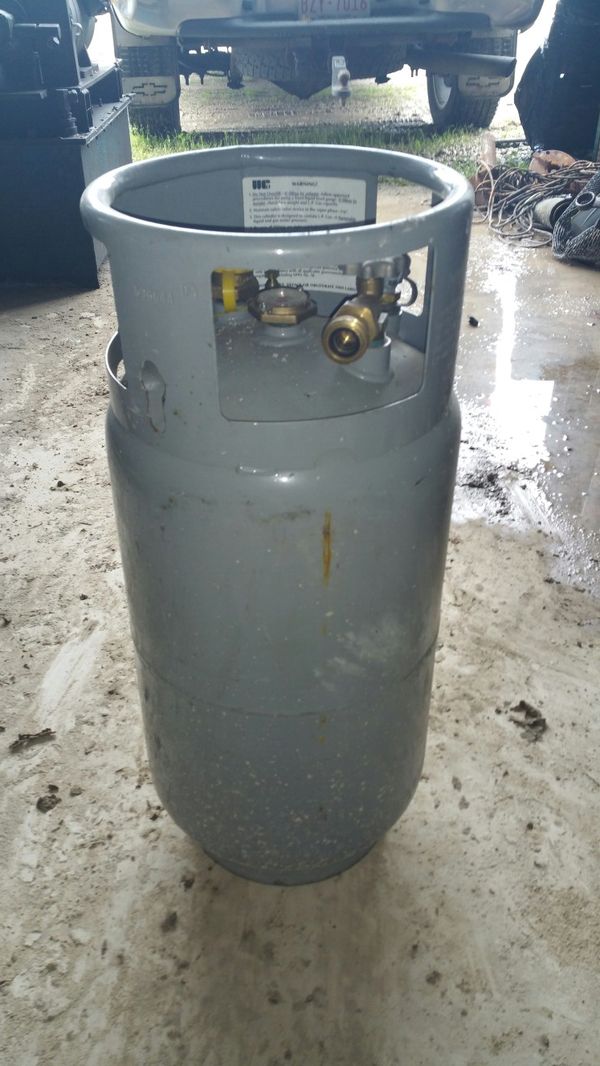
On one point, td, I agree: propane and butane are by-products of petroleum refining and there is no economic incentive to deliver a pure chemical to someone who is only going to burn the stuff to char animal flesh. Lower regulator pressure if smoke or soot. The mfr may have a jet specifically for butane.Īgain: 1) replace regulator to get one specifically for butane, 2) replace jet wiht a smaller jet and/or maximize air, and 3) watch for smoke or soot. The later may be difficult, as regulated pressures are pretty low already. If so, with carburation adjusted to give max air, will want to use a slightly smaller jet, or a lower regulator setting. Plus, you may also note incomplete burning, smoke, or soot. If butane can be delivered at the same pressure as propane was, you'll get higher heat (energy). If you have control over the air flow, adjust carburator to maximize air to fuel ratio.

The upshot is: you should probably find a replacement regulator specific for butane to allow enough flow at lower input pressures. This means that carburation must be adjusted (air flow increased, or, a smaller jet or lower delivery pressure for lower fuel flow). So a given jet would need more air for butane, given the same delivery pressure. In contrast to mass flow (used in calculating heat output), the molar flow for both gases, at the same delivery pressure, should be about the same. So for a given number of moles of gas, butane requires 2/7, or about 1/3 more air. For propane, you need 3+4, or 7 molecules of O2. To burn a molecule of C4H10 to CO2 and H2O requires 4 O2 molecules for the carbon, and 5 for the hydrogen, or 9 molecules of O2. But again, the butane may have a lower deliver pressure.īutane has a chemical formula of C4H10, propane is C3H8. This means that, at the same gas pressure to the carburator, you get a factor of 58/44, or about 30 percent more energy from butane. Propane and butane have about the same lower heating value per mass unit. To the OP's question: At a given gas pressure, the mass flow through a given jet will be proportional to the square root of gas density, so that you can get more butane (MW about 58) than propane (MW about 44) through a jet. The point is, different vapor pressures and temperature interact with flow rate, and you're more likely to see this with butane in colder weather. After a while, you'd get a steady state when the heat required to vaporize a given amount of butane exactly matches the amount of heat that the cold butane tank absorbs. That is, as the butane evaporates, it chills, and this drops the vapor pressure and hence the flow rate. The practical effect in normal (68☏/20☌) weather might be that after a few minutes of use, the max power your forklift can develop diminishes as the butane temperature drops.

So a fuel that is mostly butane is problematic if you aren't in, say, Saudi Arabia or Libya in the summer. And if you have a high use, the butane in your tank chills from evaporative cooling.

You have to get butane to somewhere between 60-70☏ to get an atm. Pure propane has a vapor pressure of one atm at around -15☏.

There is a nice chart showing experimental vapor pressure vs temperature and composition here. There can be some deviation from ideal, but for two chemically similar, non-polar molecules like small hydrocarbons at less than a few atmospheres, this would be a negligable (percent or two, max) effect. So a 90% mix of butane will have a vapor pressure that is 90% that of butane and 10% that of propane. Raoults' law is that the vapor pressure of a component in a mix is proportional to it's mole fraction, x, and the vapor pressure of the pure substance at the given temperature. Let "a" denote propane and "b" denote butane. As a first approximation, we'd make the assumption of an ideal mixture in which case we use Raoult's law. Click to expand.Not to be a jerk, but this just ain't so.


 0 kommentar(er)
0 kommentar(er)
